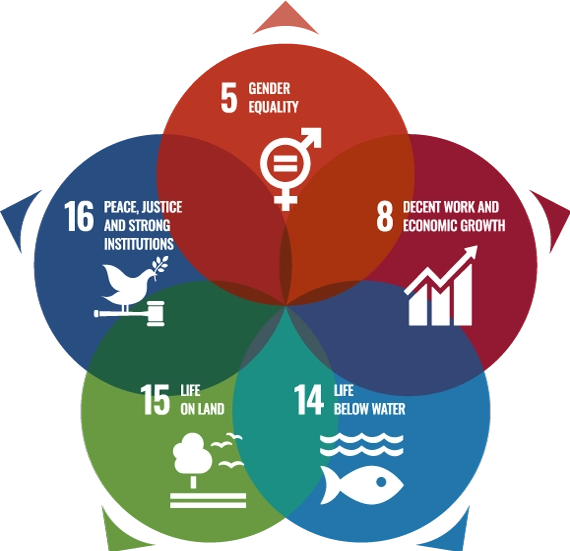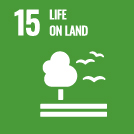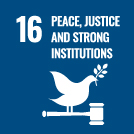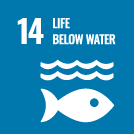Solutions 2030

Approach
The 2030 Agenda is a rare and ambitious political achievement. However, it offers few solutions to work with complex realities on the ground and the linkages that exist between SDGs.
Our SOLUTIONS 2030 address these shortcomings by:
-
supporting ways of working grounded in systems thinking.
-
designing interventions that focus on leverage points.
-
facilitating multi-stakeholders' alignment and collaboration.
-
identifying synergies and trade-offs across five SDGs.
Services
We offer four types of services to our clients:
SDG Interlinkages The relationships between different SDGs when progress on one is reinforcing or hindering the achievement of another
Interfering Force: Influence induced by power dynamics, gender inequalities, conflicts of interest, divergent interests, and trade-offs





 Virtual Workshops on System Practices
Virtual Workshops on System Practices

 Multi-stakeholder Engagement in SDG Processes
Multi-stakeholder Engagement in SDG Processes

 Blue Resilience : Learning on Fisheries Crime
Blue Resilience : Learning on Fisheries Crime

 Jurisdictional Dialogue Series in Colombia and Indonesia
Jurisdictional Dialogue Series in Colombia and Indonesia